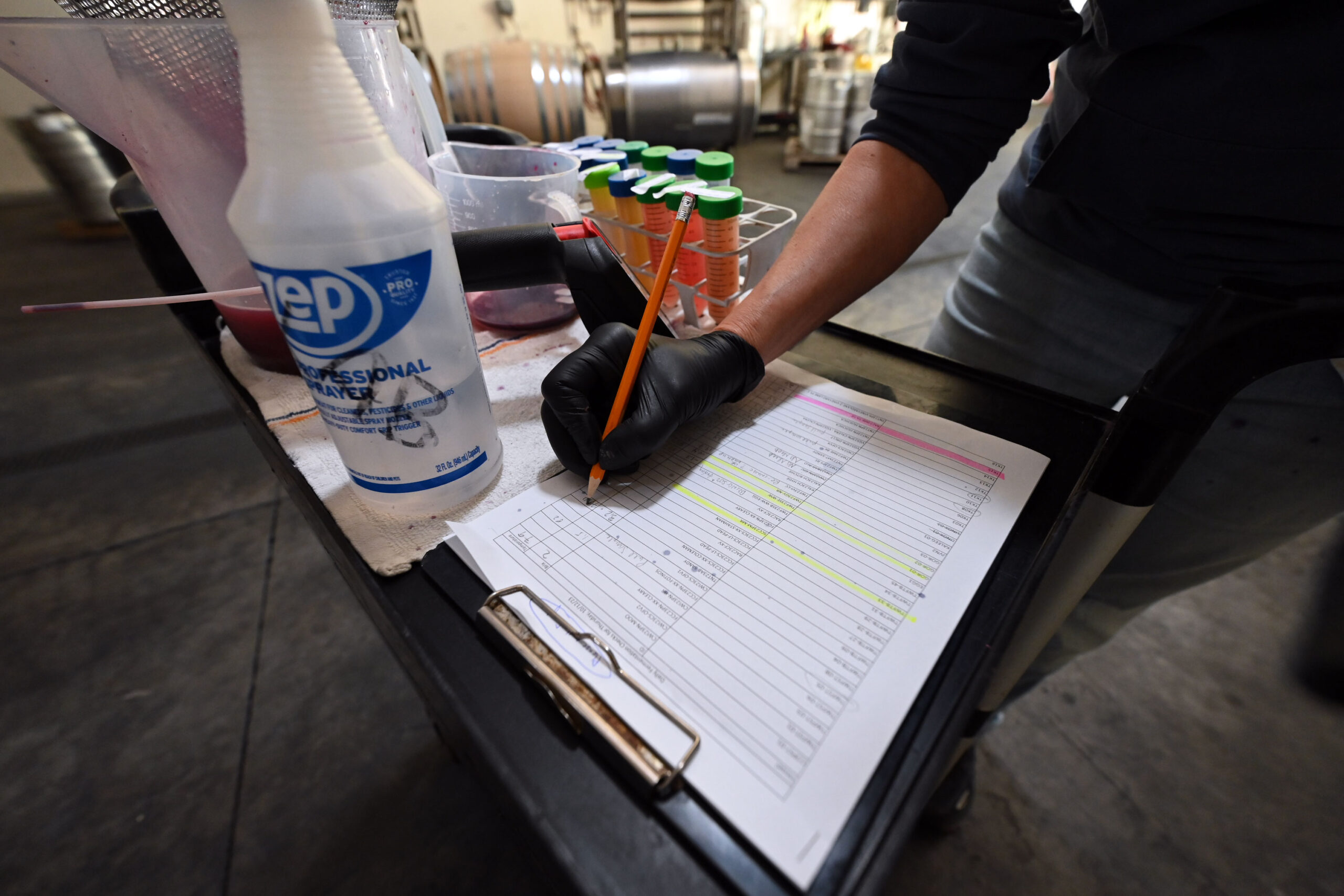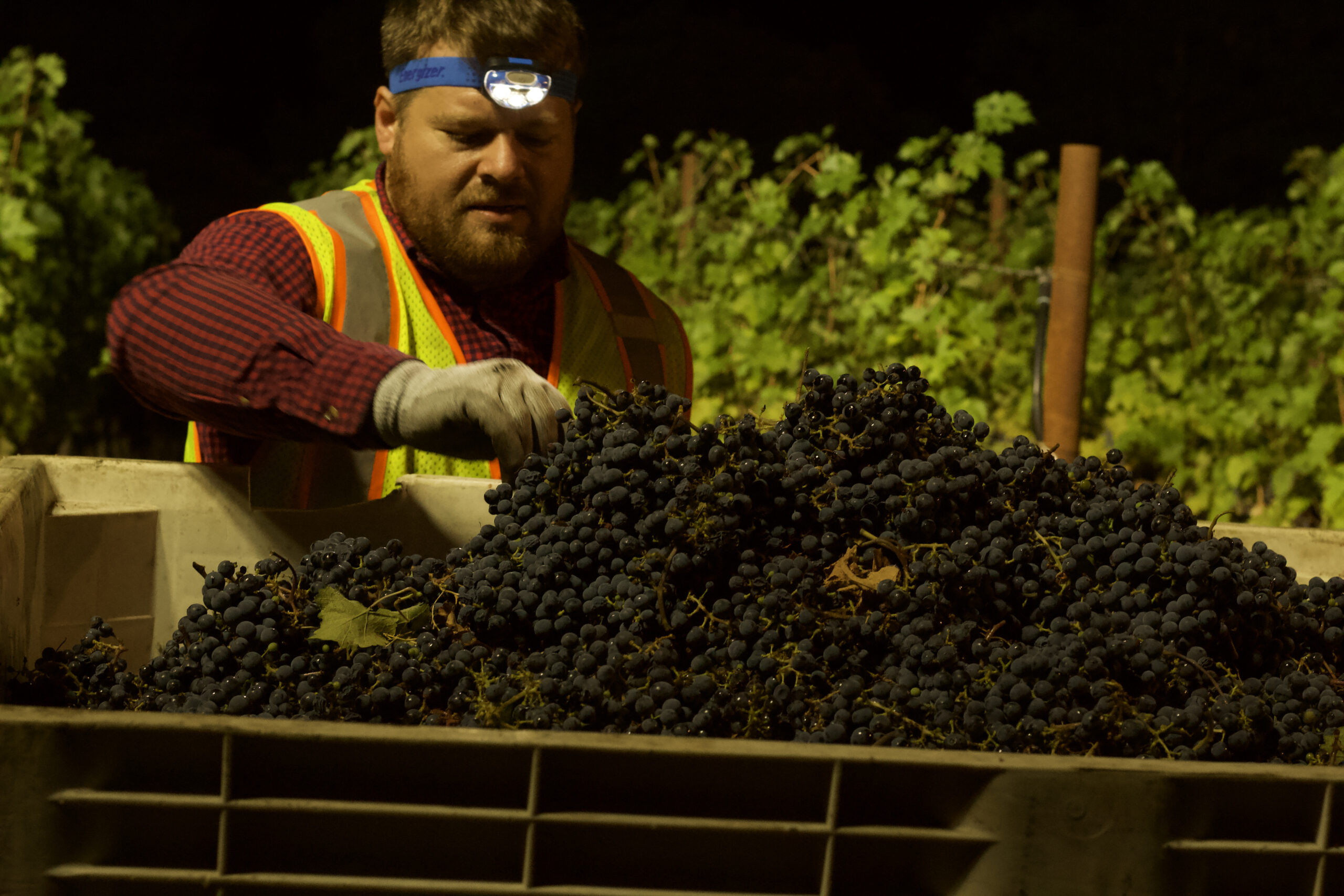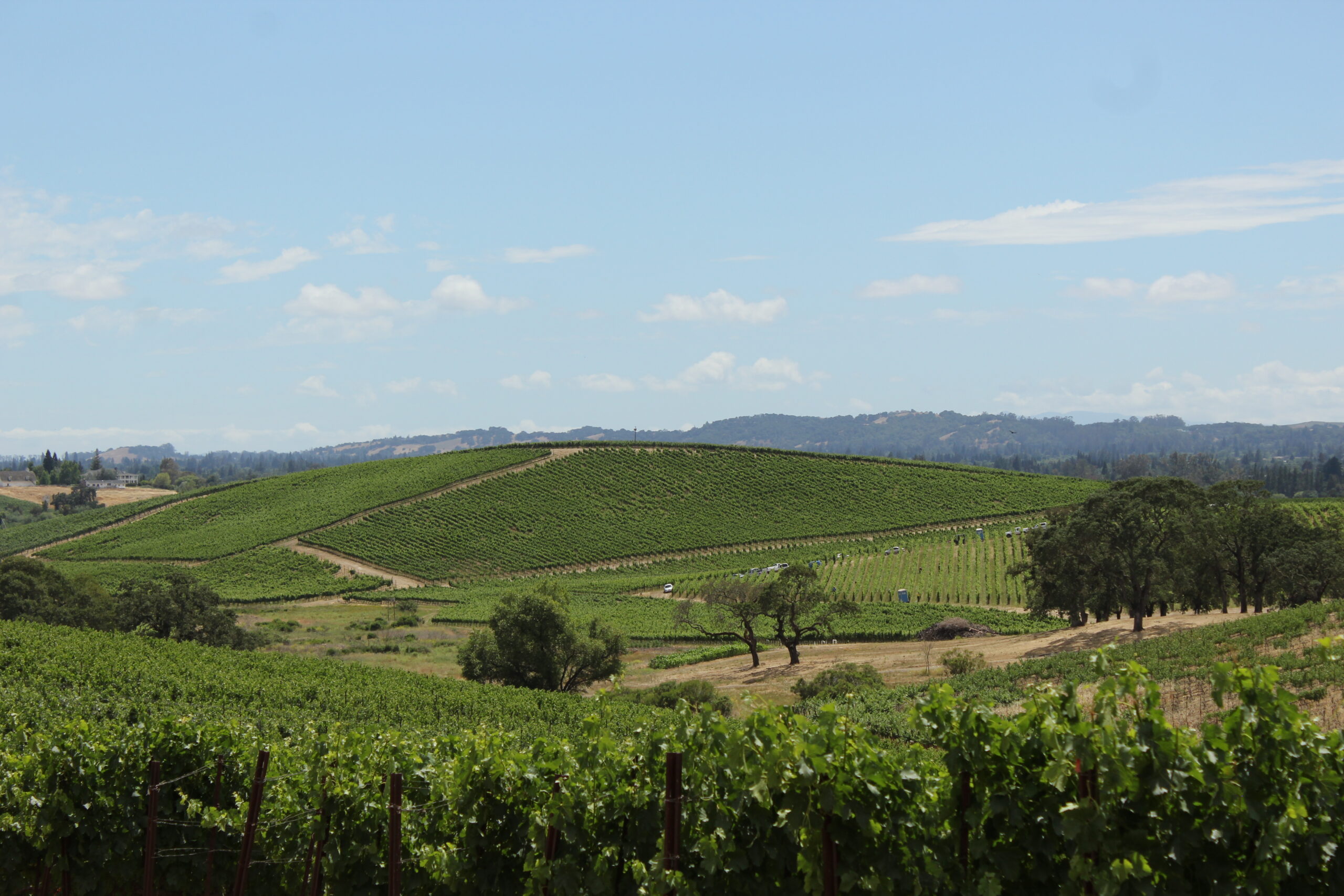The landscape of the alcoholic beverage industry in the new millennium looks dramatically different than the drinks business of the 20th century. There has been a staggering increase in the number of new private label wine brands for retailers and restaurants, while foreign producers have moved into the U.S. market with new brands at a rate never before seen.
“It is more challenging than ever to secure trademark rights and brand recognition in the U.S. alcoholic beverage market, largely due to the number of new producers and new product offerings,” says John Dawson, Partner at Carle, Mackie, Power & Ross LLP. “This is not just limited to new wine labels, the growth in craft beer, cider, and spirits businesses have been substantial, all of which are brand-driven.”
Overall, there are many more alcoholic beverage brands in use in the United States and a corresponding increase in the number of trademark applications and registered beverage trademarks, than there were at the turn of the century. Still, Dawson notes, “Many new producers don’t understand the value of a registered trademark. Even a 1,000 case winery stands to benefit from obtaining trademark registrations for their brands: It gives them the comfort of knowing they can invest their energies in a protectable name that they own, and also lays the groundwork for an exit strategy down the line, should they ever consider a sale of the business.”


